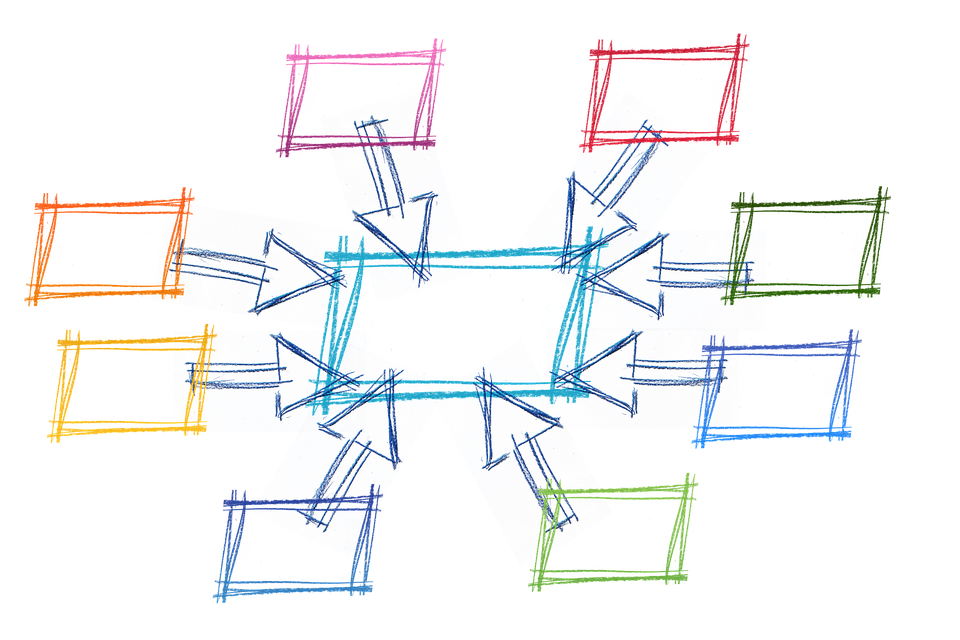Authors’ notes: This post is co-authored by Kelly Sattler, Head of Web Services, Michigan State University. It is part one of a two-part series on IT centralization and academic libraries.This post will define IT centralization and talk about what to expect when a centralization initiative begins. Part two, coming in January, will address how to respond to centralization and what to expect in the longer term. Image free from pixabay. As university budgets continue to be squeezed by increasing costs and decreasing funding, university administrators scour the campus to find ways to make operations more efficient. IT is a frequent target for these exercises, as it is both ubiquitous and expensive. Often, initiatives to centralize IT functions and personnel are undertaken in order to coordinate and standardize services and equipment, theoretically increasing efficiency and reducing costs. Because academic libraries are IT-intensive, centralization can have a significant impact on library staff…
IT Centralization: Impact on Academic Libraries
